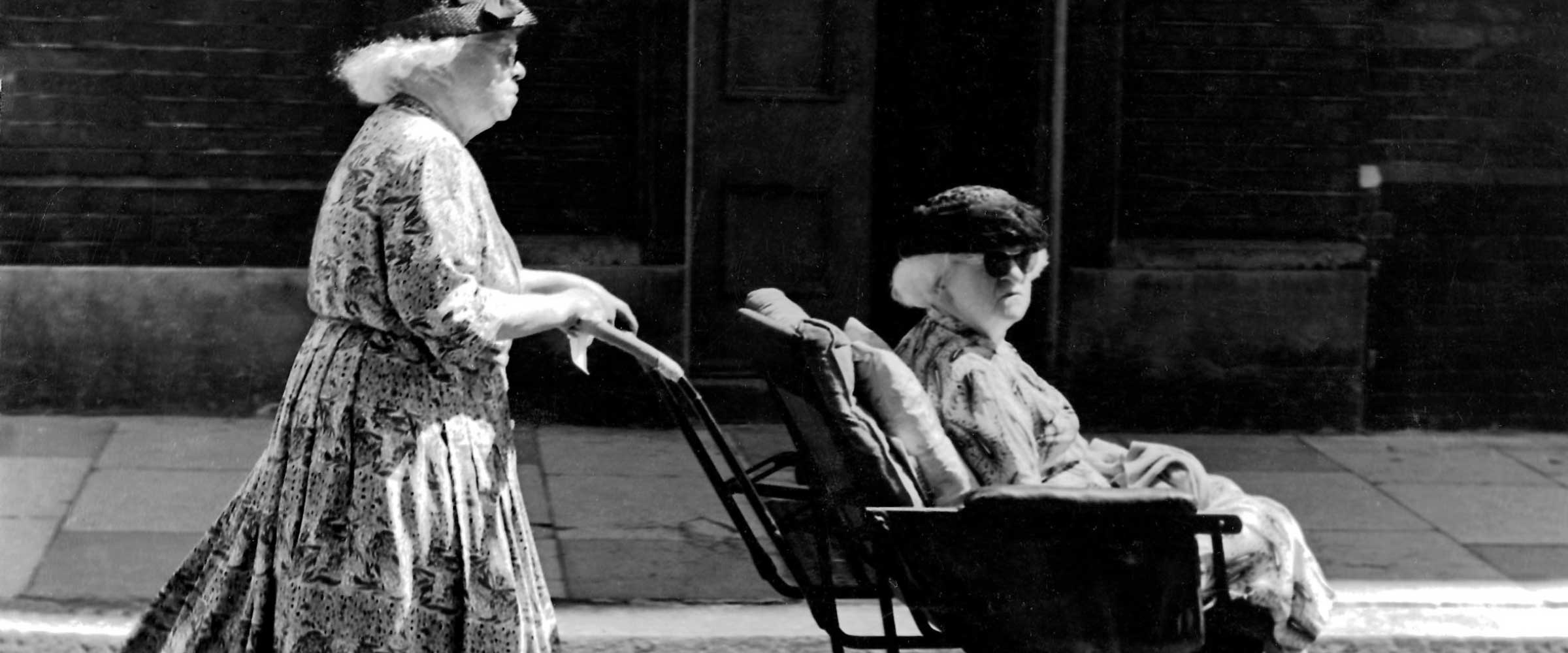

Will your council pay for long-term care?
While the situation is different for every local authority, you may be entitled to help with your long-term care
With the over-85s being the fastest growing section of the population, the issue of how we pay for later life care is becoming increasingly important, both individually and as a society.
Most of us would prefer not to think about a time when we may need help to go about our daily lives, or perhaps need specialist nursing care. But, whereas the NHS will generally be there for us, free of charge, in later life, the situation when it comes to ‘social’ care is far from straightforward.
“New research from Royal London has found that the level of support for care costs from public funds varies hugely from area to area,” says Steve Webb, Director of Policy, Royal London. “The rules are different in different parts of the UK, with Scotland having a system of ‘free personal care’ and Wales having its own rules about the way your savings are treated.”
To find out more about the social care situation in England, Royal London sent ‘Freedom of Information’ requests to 150 English local authorities asking for information about how much they would pay towards care costs for someone who needed to be in a residential or nursing home, and who had little or no resources of their own.
“The answers suggested a ‘postcode lottery’ with the level of help, and how it is worked out, depending on where you live,” says Steve, “In all cases, our survey was a reminder of just how expensive care can be, with typical figures of £500 per week or more being quite common.”
Are you entitled to help?
In general, if you have savings – including the value of your home – of under £23,250, your local authority should be willing to make a contribution to the cost of residential care. They will take account of all of your pensions and regular income, leave you with a modest ‘pocket money’ amount for incidental expenses, and then top this up to meet the costs of a care home placement.
The catch is that residential care homes and nursing homes can charge very different amounts, partly because of the different levels of care being provided and partly because of the quality of the accommodation. This means that many local authorities will not meet your full care costs, but only pay up to a fixed limit. If you want to stay in higher quality accommodation than the council will cover, then you – or, typically, a ‘third party’ such as a family member – will be expected to pay a top-up to cover the difference.
“The way that different councils respond in this situation varies considerably,” says Steve. “Some councils are very rigid, telling us that they have a maximum rate which they will never exceed. Other local authorities have a published ‘maximum’, but very often exceed it in particular cases. And others say that they don’t have any set rate, but treat each case on its individual merits.”
One very clear message of Royal London’s research is that it is risky to simply assume that if you, or a family member, needed care then the council would pay in full. It will depend what the rules are in the local authority where you live.
It is also important to remember that you shouldn’t necessarily take ‘no’ for an answer when dealing with a local authority. Even if a council’s headline maximum rate doesn’t cover the full cost of a care placement, it can be worth talking to them about whether they will go any further, as many local authorities are willing to show a bit more flexibility.
More for you

What happens to your pension money?
Lorna Blyth, Investment Strategy Manager at Royal London, and Trevor Greetham, Head of Multi Asset Investments at Royal London, tell you how they invest your retirement savings to help them grow
MORE
Royal London Foundation: supporting your communities
Thanks to your nominations, we’ve been able to provide funding for not-for-profit organisations across the UK. Here are a few stories of those who received support from us
MORE
Insight into Work: come and work with us!
Our Insight into Work programme means members and their families can experience work at Royal London. Five of our newest candidates tell us about their time working with us
MORE

